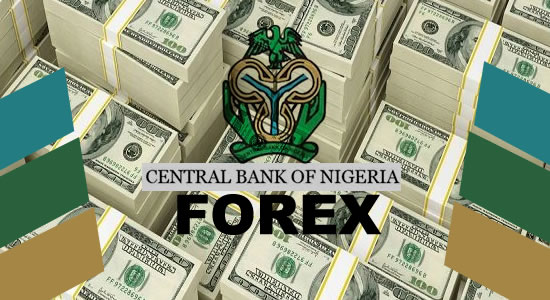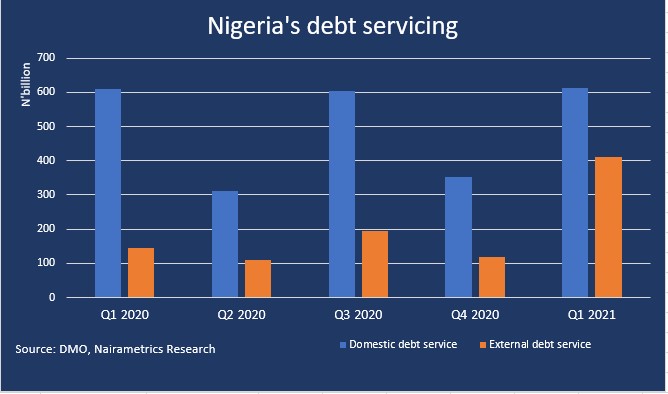Nigeria’s foreign reserve dipped $485.41 million to be in at $40.66 billion from $41.15 billion by 1 December 2021. That is based on the latest figures obtained from the Central Bank of Nigeria (CBN).
In 2020 and 2019, the same reduction happened through the festive season. In 2020, external reserve dropped by $505.9 million through the Christmas week, during 2019, it dropped by $665.93 million.
In 2010, the country’s foreign reserves have already been steadily declining throughout November, starting at $41.82 billion and ending at $40.66 billion.
Nigeria’s reserves increased dramatically in October, receiving one more $5.99 billion in arises from a $4 billion Eurobond issued by the US government in September and a $3.35 billion SDR allocation from the International Monetary Fund (IMF), bringing the reserves above the $40 billion mark.
Why the decline in December
The decline in the country’s external reserve level in the month of December may be caused by the continuous effort by the apex bank to steadfastly keep up exchange rate stability by intervening in the way to obtain FX in the state market.
Considering that the central bank governor, Godwin Emefiele, discontinued the sale of FX to BDCs and refrained from licensing new operators, hence, there is have to pump significant FX to the banks, to make sure demand is met at banks particularly in an amount of high consumption as travel expenses.
A cursory examination of the figures from the FMDQ’s Investors and Exporters window, as recorded by Nairametrics, reveals that turnover through the state window has greatly improved since then.
In November 2021, $3.38 billion was traded at the state I&E window, whereas $3.79 billion and $4.38 billion were traded in October and September 2021, respectively. It’s worth noting that the total amount of foreign exchange transacted in September set a fresh high.
What the experts are saying
Dumebi Udegbunam, Fixed income Trader at UBA stated that the resurgence of COVID-19 could possibly be associated with the decline in foreign reserves. He explained, “I think we are able to trace this to a rise in cases of the brand new Covid-19 type, that will be gradually producing panic on the market as numerous market participants are getting long on the dollar, which is really a safe haven currency, and multinationals resuming work-from-home orders. It’s an indirect influence on the supply dollar, particularly for a nation like Nigeria, that will be heavily reliant on oil for nearly all its dollar supply.”
He added that “As the amount of Covid-19 instances rises, market participants are turning from emerging market investment and oil trading even as we approach the conclusion of the fiscal year. We expect this drop to keep slightly as the season concerns a summary, and hope that more is performed to boost vaccination to be able to help restrict the spread of the brand new strain.”
What you should know
- Foreign reserves are assets maintained on reserve with a monetary authority in foreign currencies, based on the Central Bank of Nigeria.
- These reserves are utilized to sway monetary policy decisions. Foreign currencies, deposits, Treasury bills, deposits, and other government securities fall under this category.
- The International Monetary Fund (IMF) asserts that international reserves are those external assets that can be offered to and are controlled by a country’s monetary authorities.
- Nigeria’s external reserve is essential in defending the naira and can be used to cover the country’s huge import bills. An increasing external reserve suggests a greater inflow from crude oil earnings, inflow from foreign investors, and external loans.


